Nereus researchers investigate link between diet-shift timing and predator-prey linkages
What happens to big prey when you fish out all of their big predators? Nereus researchers dig deeper into size-specific diet shifts.
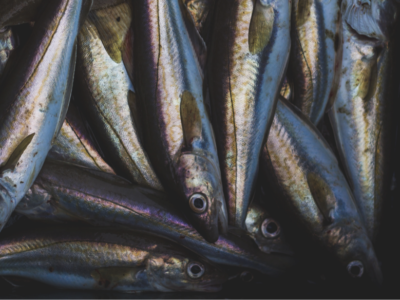
What happens to big prey when you fish out all of their big predators? Nereus researchers dig deeper into size-specific diet shifts.
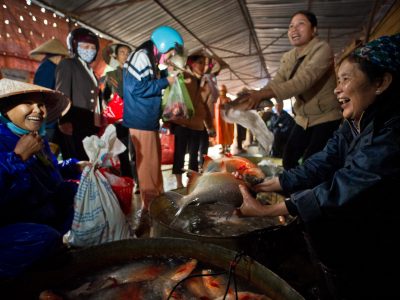
Women involved in natural resource extraction employment fields face heavy challenges in achieving gender equality, which hinders nations from embracing sustainable development and democratization. This phenomenon is especially prevalent in small-scale coastal fishing communities.
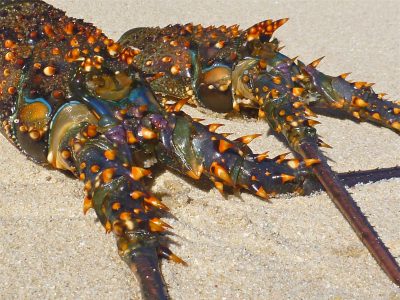
By Julia Mason, Nereus Program fellow at Stanford University
There’s a tendency among conservation scientists to attribute the world’s environmental crises to the growing global population. Fisheries science is no exception—the issue of overfishing is often condensed to one of “too many fishers chasing too few fish,” leading to inevitable fisheries declines.
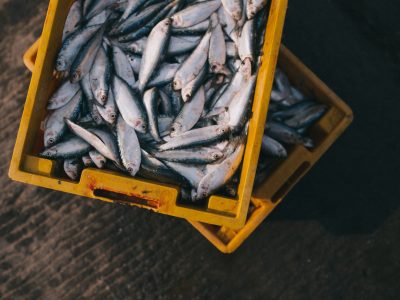
Asia is a powerhouse in both the production and consumption of seafood. Asia is home to 84% of the world’s fishers and fish farmers, and over 70% of the world’s fish and fishery products are consumed here. Yet demand within Asia for certified seafood lags behind rates in other regions, such as Europe and North America. This suggests an unevenly developed certification landscape, but one with vast potential if it can gain popularity in Asia.
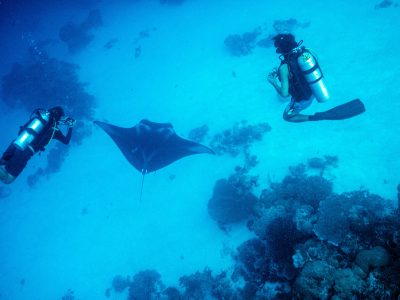
Reducing tourist consumption of reef fish is critical for Palau’s ocean sustainability, finds a new Nippon Foundation-UBC Nereus Program study published today in Marine Policy.
While climate change is expected to lead to sharp declines in Palau’s reefs, the best tourism management strategy includes a more than 70 per cent reduction in reef fish consumption by visitors. These findings are highly relevant for sustainable development in small island developing states under climate change.

By Colin Thackray, Nereus Fellow at Harvard University
It’s fairly common knowledge that tuna is high in methylmercury, a neurotoxin that bioaccumulates in marine food webs. This means that methylmercury magnifies further up the food web – tuna eat smaller fish that eat even smaller fish or plankton — all of which could contain the contaminant.
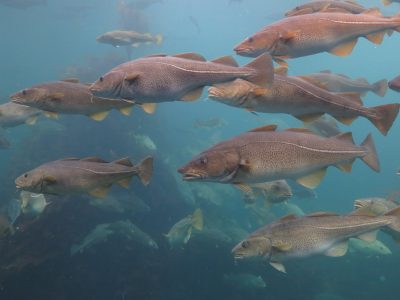
Climate change is expected to have many impacts on the oceans; one of them is where fish are located in the ocean. Ocean warming is expected to cause fish to shift to different locations that are cooler — generally toward the poles and into deeper waters. But not all fish are moving in the same directions and at the same speeds. This is changing what fish are eating and who are eating them.

Nereus Fellow, Rachel Seary, a PhD Student at the University of Cambridge and the United Nations Environment World Conservation Monitoring Centre, has just returned from Cambodia, where she conducted a month long fieldwork period aimed at understanding the links between mangroves and fishing community livelihoods.
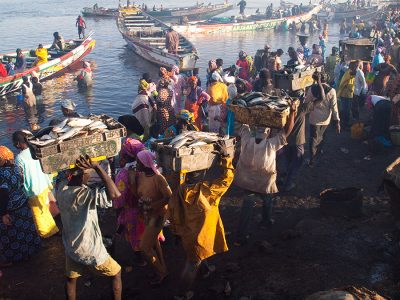
The authors looked at how food production on land and in the sea will be threatened by climate change and what the future effects on biodiversity, livelihoods and food security will be. They adopted the human development index (HDI) — a global index of life expectancy, education and per capita income. They found that all of the low human development index countries will face declines in both agriculture and fisheries production by 2050.
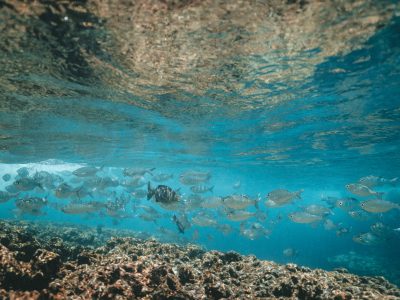
The rapid development of fisheries in the 1950’s facilitated declines in predator biomass, overexploitation, collapse of fish stocks, and degradation of marine habitats. A new PLOS ONE paper investigates past changes in trophic functioning of marine ecosystems cause by human-induced changes in species assemblages by applying an ecosystem approach to fisheries.